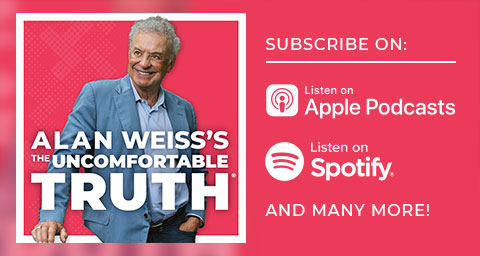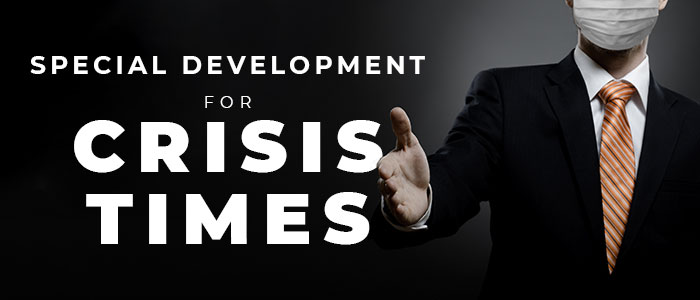
Special Development for Crisis Times
We had nearly 3,000 people watch my livestream in April, live or with the recording, on Sustaining and Building Business in Crisis Times. You can still watch it here. I continue to host free audio, video, and text on my site (alanweiss.com). I’m also offering the following experiences for you to build your own, and your clients’, businesses as we emerge from this crisis in the months ahead.
Watch the Livestream
90-Day Coaching
I’ll share best practices and help you with both professional and personal issues with a weekly call and unrestricted email. This is not a regular offering of mine, it’s intended to help you not just weather the storm but to find sunny skies, and to be part of your support system. Obviously, I have limited slots, write me at [email protected] to sign up: $2,500.
Contact Alan
Remote Sentient Strategy Training
I’ve created a simplified, one-day approach to setting strategy for small and medium-sized businesses and for divisions of larger businesses. A dozen people have been certified, and two have already launched the program, which is applicable for both non- and for-profits. It can be delivered remotely to clients, ideal in these times, and in-person after these times return to normal. I’m holding a virtual training program for certification via Zoom. Write me for details: [email protected].
Contact Alan
Reduced Growth Access Fee
My Growth Access platform, with well over $100,000 worth of my audio, video, workshops, texts, models, IP and so forth, has been available for $5,000 for lifetime access, and I add something monthly expressly created for the platform. I’m offering it to you now for $3,500 because a great many people need these resources to sustain their businesses, and there is now time to thoroughly mine the huge content. Simply go here, ignore the actual fee, you’ll only be billed $3,500. I am honoring this reduced fee until May 2nd, midnight EST.
Register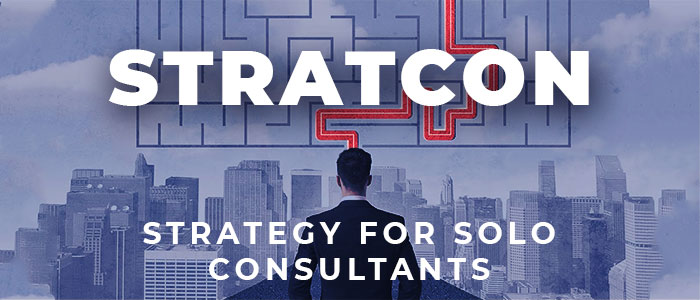
StratCon: Setting a strategy as a solo consultant or boutique firm owner
Join me for a livestream session on setting a new strategy (or testing your current one) to emerge powerfully as conditions improve in the near future. The recorded video session is on my site and available for $750.
Buy Now
Getting Started in Consulting and Re-energizing Your Practice
Sold out in Boston, approaching 100 people in LA, grab your seat quickly, spend six hours with me at a ridiculously low fee and gain a 1,000:1 return. Subscribe here. And I’m buying lunch! Note: This is now scheduled for September 15.
REGISTER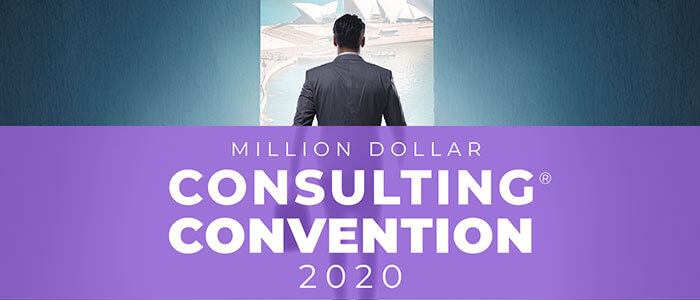
Million Dollar Consulting® Convention in Sydney
Join me for the first such event ever held outside of the US. We have 86 people registered, we can only accommodate 100, and there is a special discount for people from Australia and New Zealand. I’ll also be donating 5% of gross revenues to wildlife support groups in Australia. Subscribe here. Australia is in dire need of restoring tourism and investment, join me and extend your stay if you're from outside the country. Note: This is rescheduled for December 1-3.
REGISTER
Million Dollar Consulting® College 2020
First time in the Big Apple! Join me for an unprecedented 2.5-day experience, October 27-29, in marketing, implementation, referrals, proposal writing, advisory business models, and a great deal more. Accelerate your career by years, no matter what stage you’re currently in. Apply to me directly: [email protected]. Fee: $16,000, includes lodging and meals.
REGISTER
Creating Dynamic Communities
This will now be via Zoom. Create the kind of perpetuating community that most people wish they had in place pre-crisis. Two mornings with complete instructions and examples to create a community of real and virtual interaction which creates client evangelists.
REGISTER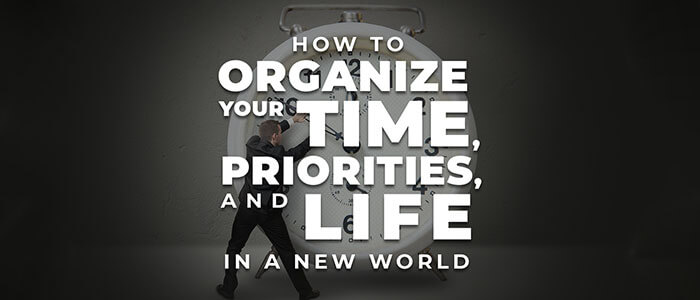
Livestream: How to Organize Your Time, Priorities, and Life IN A NEW WORLD
May 21, 11 am US Eastern time, includes access to the recording, live questions during the session, questions submitted prior to the session. Learn how to escape “overwhelm” and take control. Never miss a deadline or a commitment again.
REGISTER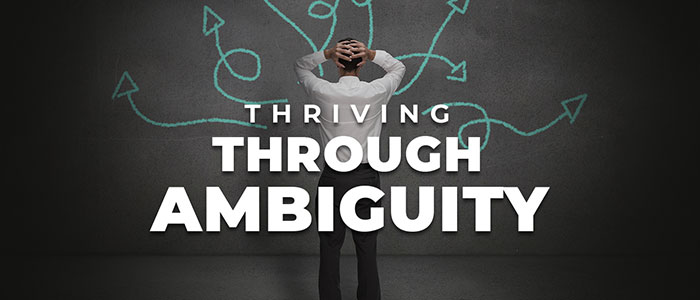
Thriving Through Ambiguity
On May 4, a webinar to help you shine the light for others as you navigate through uncharted waters and help your clients do so through your help.
REGISTER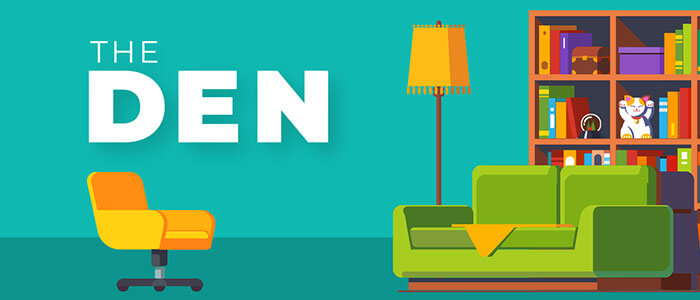
The Den
Confidential, weekly sessions one-on-one (or with couples) covering relationships, business challenges, illness, family matters, and related life balance issues. 60 days’ duration, $4,500, focused on life-changing issues.
REGISTER
Private Coaching KAATN (kick ass and take names)
Work with me for seven months with specific assignments and weekly reporting in addition to unrestricted access to me by phone, Zoom, Skype, email, etc. Expand your market, create a book, raise your fees, overcome your business fears.
REGISTER |
|























